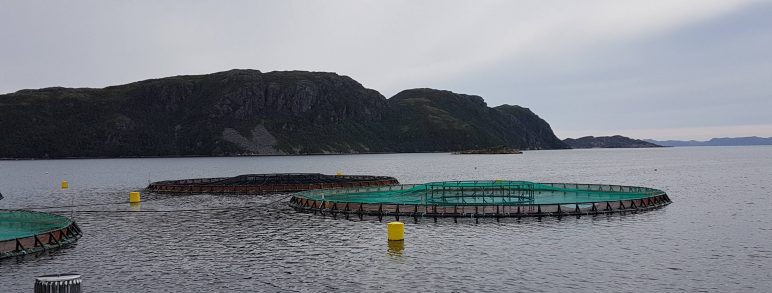The need for an Ecosystem Approach to Aquaculture has led to the advancement of tools for estimating carrying capacity to promote sustainable development and holistic management. Carrying capacity tools have been important to assess aquaculture practices and their impacts to the natural, social, and economic environment. However, most studies focus on either ecological or production capacity, while the social pillar is often neglected. A full integration of various carrying capacity types has not been attempted. Therefore, this module’s research objective is to develop an integrated carrying capacity framework for salmon aquaculture in Atlantic Canada. The main questions we seek to answer are: a) Can we define a quantitative framework for ecological, production and social carrying capacity in the context of finfish aquaculture?; b) Can we identify the most relevant drivers of ecological, production and social carrying capacity in Atlantic Canada?; c) How do we integrate the ecological, social and economic carrying capacity outcomes to inform Marine Spatial Planning? A mixed-methods approach will explore individual carrying capacity drivers, which will be synthesized onto a single platform using Geographic Information Systems. This research can fill gaps in understanding ecological and social carrying capacity and could provide managers and planners with a holistic tool to guide their decisions on site selection, monitoring, and policy-making.
New Papers:
Thinking outside the box: embracing social complexity in aquaculture carrying capacity estimations
The evolution and application of carrying capacity in aquaculture: towards a research agenda
Jenny Weitzman, Ramón Filgueira
Applying the ecosystem services concept to aquaculture: A review of approaches, definitions, and uses
Jenny Weitzman
